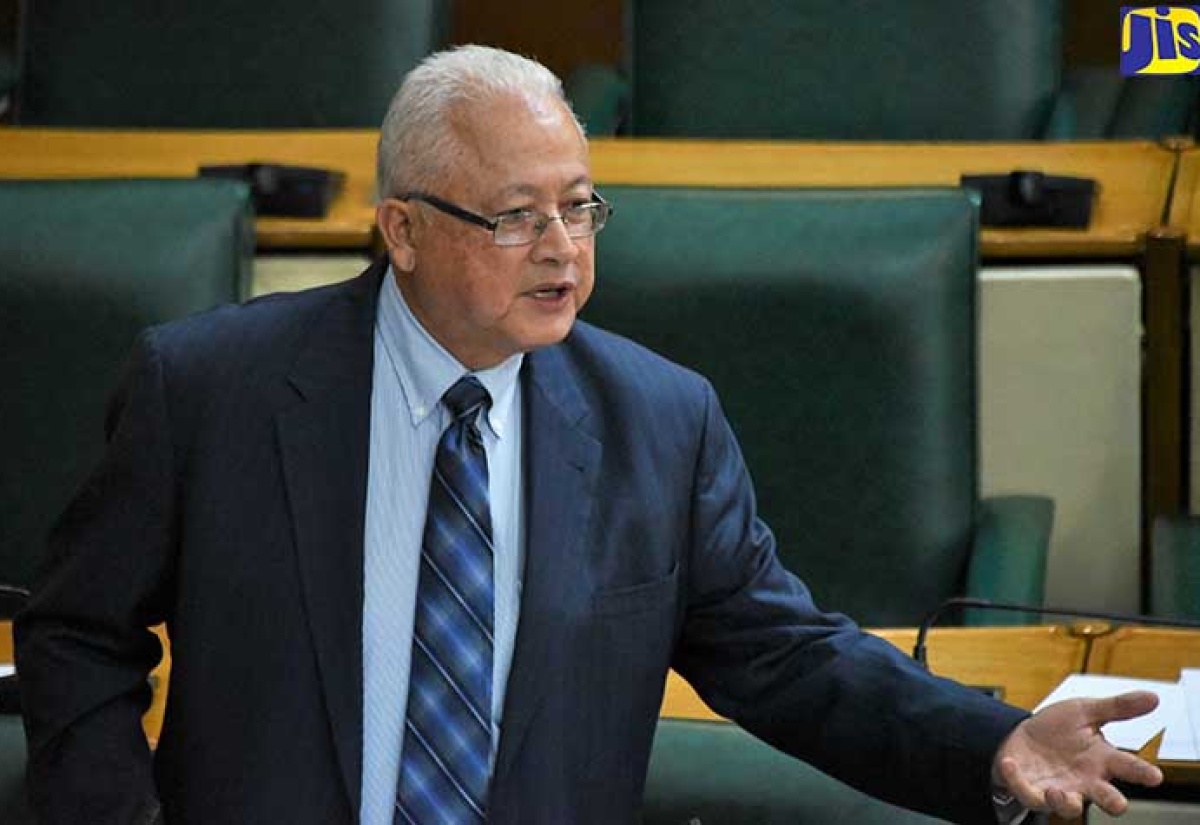Police and Judges to be Trained in Child Diversion Programme
By: , May 10, 2018The Key Point:
The Facts
- Child diversion is the process of implementing measures dealing with children who are alleged, accused or recognised to have infringed the law, without resorting to formal judicial proceedings.
- Minister Chuck, while closing the debate on the Child Diversion Bill during the sitting of the House on Wednesday (May 9), said the legislation seeks to enable the implementation of child diversion measures in dealing with children who come into conflict with the law.
The Full Story
Justice Minister, Hon. Delroy Chuck, says police officers and judges will be trained as part of the proposed implementation of the Child Diversion Programme.
This, he said, will help in preparing them to determine when and how best to utilise the measures under this intervention.
Child diversion is the process of implementing measures dealing with children who are alleged, accused or recognised to have infringed the law, without resorting to formal judicial proceedings.
Training is among the measures that will be undertaken as the Government seeks to introduce child diversion to the criminal justice system.
Minister Chuck, while closing the debate on the Child Diversion Bill during the sitting of the House on Wednesday (May 9), said the legislation seeks to enable the implementation of child diversion measures in dealing with children who come into conflict with the law.
The Minister explained that the process will begin with the police, who can first decide to release the child with an informal warning if it is a minor offence that was committed.
He noted, however, that where it is a more serious offence, or the child is very unruly and refuses to accept the advice, then a formal warning will be given. The parents of the child will also be brought in and interviewed to ensure that they participate in assisting the child to steer from a life of crime.
“The child and parents will be told what offence has been committed and why we are utilising the warning to avoid taking the child to court. So, if the warning is adhered to, and the child accepts that everything is okay and (agrees to) go straight, then there is no need to go further,” he said.
Mr. Chuck further explained that the child diversion committee would be informed of the case, and will then observe the behaviour of the child over a period of time. He noted that if the conditions of the warning are adhered to, then the case ends, but if the child continues to misbehave, then the matter may have to go to court.
“Once the child has been charged or convicted, if the continuing Child Diversion Programme is carried out, then the sentence would not be imposed and the child would be released. But if the child fails to complete the programme, he will be brought back to court and will be sentenced, which could be incarceration,” he explained.
The Minister pointed out that if the child is convicted, before sentencing the child will be given another opportunity to “go straight”.
“We will be doing everything to assist the young wrongdoers in our society to go straight. It is not our intention that the wrongdoers should just be charged, prosecuted and incarcerated. We want to do everything in our powers to ensure that, at every stage, we give the child as much assistance to lead on a straight and narrow path,” he said.
Among the main objectives of the Child Diversion Bill are (a) ensuring that every child in conflict with the law is treated in a manner that recognises and upholds human dignity and worth; (b) diverting the child away from engaging in deviant and delinquent behaviours; and (c) instilling in the child respect for the fundamental rights and freedoms of others.
The Bill will also see to the establishment of a child diversion office; child diversion committees; and a child diversion oversight committee. It also addresses the structure of the Child Diversion Programme, the circumstances under which a child is to be referred, among other things.
The Bill was passed with 33 amendments. It will now be sent to the Upper House for approval.


